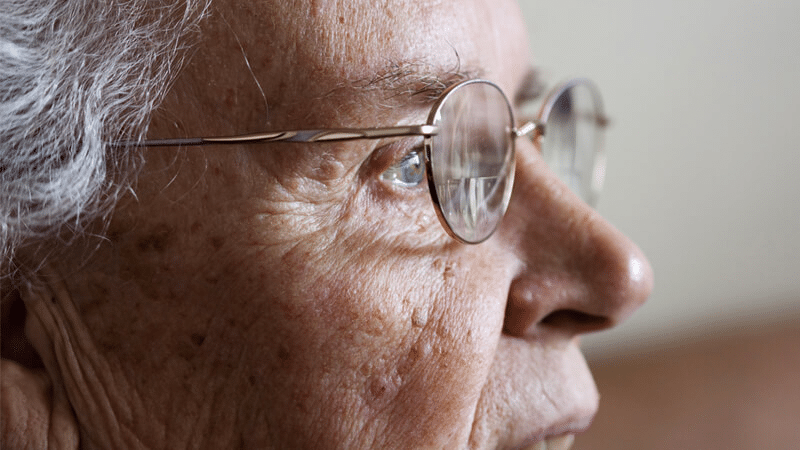Canadians have raised concerns over their Government’s plan to expand assisted suicide to the non-terminally ill.
A Bill has been introduced which would allow those suffering from non-terminal conditions, such as cerebral palsy, to take their lives with assistance from a doctor.
Respondents to a consultation on the proposals warned that the disabled would be “especially vulnerable to manipulation and abuse, or may feel like a burden” on relatives and the healthcare system.
‘Burden’
Under the current law, a person can be assisted to take their own lives if “their natural death has become reasonably foreseeable”. The Government seek to remove this constraint, merely requiring a patient to prove “intolerable” suffering.
Respondents voiced concern that assisted suicide would become “a cheaper alternative to treating individuals with chronic illnesses and disabilities” and said better palliative and mental health care was needed instead.
Many suggested that the Government might seek to “expedite” deaths of the elderly and disabled to relieve the “financial burden” on the state.
The Bill would no longer require a dementia patient to give final consent for assisted suicide, allowing doctors to act upon an advance request.
Money
Last month, the Minister of Health for British Columbia announced plans to close a private hospice over its refusal to provide assisted suicide.
Angelina Ireland, President of Delta Hospice Society, said the Government’s decision is “an agenda-driven policy” and “an invasion of the historic medical discipline of palliative care”.
She added, “it’s all about dollars. It is easier and cheaper for the government to provide euthanasia rather than continue with palliative care”.
The hospice is investigating legal options to remain open.
Also see:

Health Activists see COVID-19 as an ‘opportunity’ for assisted suicide online
‘Assisted suicide an NHS moneysaver’, ‘disturbing’ report says
Oz doctors helped kill 52 people in first six months of assisted suicide law

